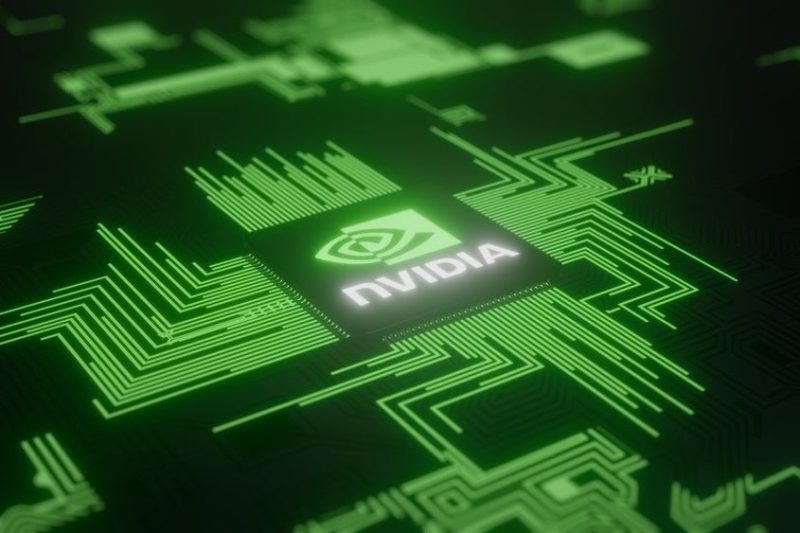
Recent analysis suggests a significant potential setback for Nvidia in the crucial Chinese market. Morningstar’s equity strategist, Brian Colello, has voiced a pessimistic outlook regarding Nvidia’s future in China, citing the advancements made by Huawei in the development of its own AI chips. Colello’s prediction paints a stark picture, suggesting that Huawei’s progress could effectively end Nvidia’s dominance in the region.
This isn’t just idle speculation. The rapid development of domestically produced AI chips within China represents a significant challenge to foreign competitors like Nvidia. For years, Nvidia has held a near-monopoly on the high-performance computing chips used in AI development and deployment. However, increasing government support and technological advancements within China are shifting the landscape, creating a more competitive environment and reducing reliance on foreign technology.
The implications are far-reaching. Nvidia’s revenue from the Chinese market is substantial, and a significant decline would undoubtedly impact its overall financial performance. This potential loss of market share could also trigger a wider ripple effect, potentially influencing the global AI chip market dynamics and prompting other companies to explore alternative suppliers.
While Colello’s prediction is certainly dramatic, it highlights the growing threat to established players in the Chinese tech market. The emergence of competitive domestic alternatives is a clear trend, and Nvidia will need to adapt to maintain its presence in this vital market. It’s a crucial time for the company, and the coming months will likely reveal just how significant Huawei’s advancements will be in reshaping the future of AI hardware in China.
It’s important to note that while the outlook appears bleak for Nvidia in this specific area, Colello maintains a positive overall view of Nvidia’s broader prospects. This suggests that while challenges exist in China, the company’s global position remains relatively strong. The long-term impact of this shift remains to be seen, but it certainly marks a turning point in the competition for dominance in the rapidly expanding AI chip market.










